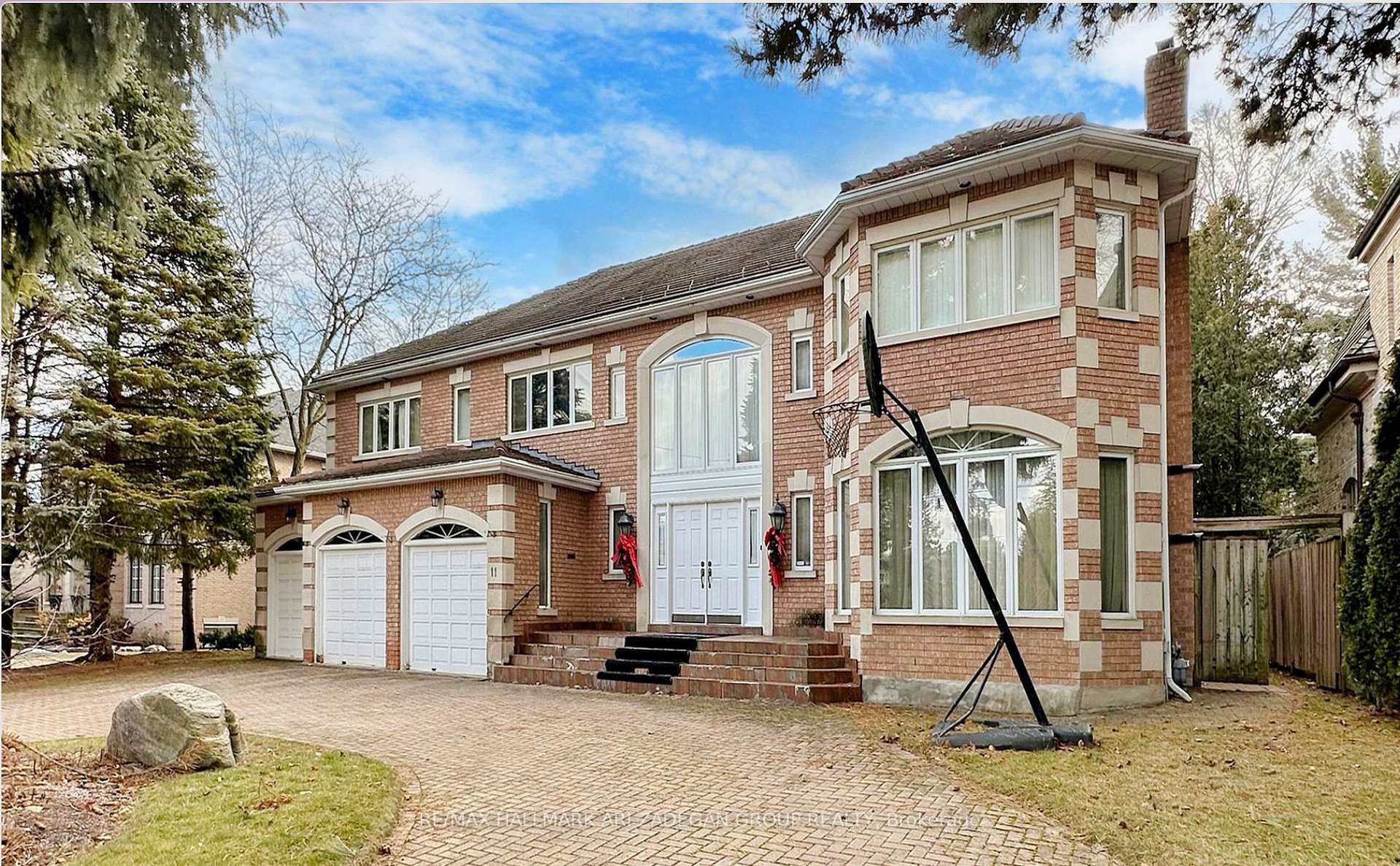Find Your Next Home
Our Mission is to Enhance the Real Estate Journey for
Our Mission is to Enhance the Real Estate Journey for
Discover the home you’ve been waiting for.
Discover a curated collection of exclusive houses, condominiums, townhomes, penthouses, and more.

15 Watergarden Dr, 210, Mississauga, ON L5R 0H4 , Canada
1 BD | 1 BA | 665 Sq.Ft.

125 George St, 1208, Toronto, ON M5A 2M6, Canada
1 BD | 1 BA | 535 Sq.Ft.

11 Yonge Street, 2501, Toronto, ON 2501, Canada
1 BD | 1 BA | 540 Sq.Ft.

4130 Parkside Village Dr, 710, Mississauga, ON, Canada
2 BD | 2 BA | 819 Sq.Ft.

284 King St E, 1905, Toronto, ON, Canada
2 BD | 2 BA | 782 Sq.Ft.

1 Delisle Ave, 3305, Toronto, ON M4T 1Z6 , Canada
2 BD | 2 BA | 975 Sq.Ft.

266 King Street West, 5011, Toronto, ON, Canada
3 BD | 2 BA | 958 Sq.Ft.

11 Vernham Avenue, Toronto C12, ON M2L 2B1, CA
6 BD | 7 BA
We are your full-service realtors. The Zadegan Group will take care of every single detail, no matter how big or small. We strongly believe in putting the most amount of money back in our clients' pockets by getting the best price for your home. When you hire The Zadegan Group, you are hiring your realtors for life.

Managing Partner & Broker of Record, FRI, CRES, ABR®, SRES, CNE

Managing Partner & Broker, ABR, SRS, CNE

Managing Partner & Sales Representative, B. Eng. Sci, RENE, SRS, ABR

Broker

Sales Representative

Sales Representative

Sales Representative

Sales Representative, RENE

Sales Representative

Operations Manager

Chief Cuddle Officer
Distinct Divisions, One Unified Mission. Discover the divisions that power The Zadegan Group to serve our mission of enhancing the Real Estate Journey for Canadians.
The Zadegan Group
Residential & Commercial Real Estate
From Resale to Commercial, The Zadegan Group’s mission is to enhance the real estate journey for . We believe in a better way to sell real estate, one with honesty, integrity and a journey to truly look back on and not think of how stressful of a process it was but how easy it was.
More Information
Prehomes
Marketplace For Pre-construction Across The Globe
We started Prehomes for a source to new development projects across the globe. We set out to build a marketplace with a user interface that is easy to browse and find every little piece of information on a project to become educated enough without directly speaking with an agent.
More Information
Zadegan New Developments
New Development Listing & Marketing Firm
We started Blare Consulting Group in partnership with RE/MAX Hallmark to bring a new edge of new development sales and marketing to the real estate landscape. We believe there is a better way to buildings powered by technology and true phone to phone sales.
More Information
See How The Zadegan Group is changing the game for our REALTORS®. Apply to join the best real estate team in Ontario.
At The Zadegan Group, our mission is to enhance the real estate journey for Canada & help everyone find their dream home.